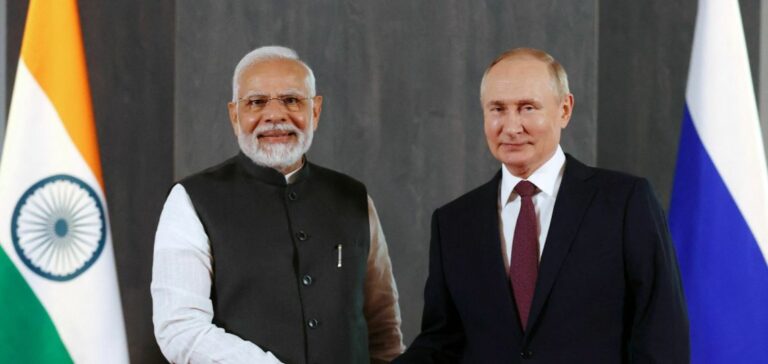India, seeking energy security, maintains its ties with Russia for oil imports despite restrictions imposed by the administration of former U.S. President Joe Biden. According to Denis Alipov, the Russian ambassador to India, oil trade between the two nations will continue under “mutually beneficial” terms.
An Energy Market Under Pressure
The U.S. sanctions, announced on January 10, target several major Russian oil sector players, including Gazprom Neft, Surgutneftegas, and strategic infrastructure such as the Portovaya and Vysotsk terminals operated by Novatek. They also affect 183 vessels, trading companies, and officials from the Russian Energy Ministry. Despite these measures, India remains Russia’s main oil customer, accounting for 38% of its crude imports in November 2024, according to data from the Organization of the Petroleum Exporting Countries (OPEC).
Stable Supply for India
India’s growing dependence on Russian hydrocarbons is driven by the attractive price-to-quality ratio offered by Moscow. According to Indian authorities, this trend is expected to continue in the long term, fueled by the country’s economic growth. In response to uncertainties created by sanctions, Indian traders have anticipated alternative solutions to ensure continued deliveries over the next two months, confirming the resilience of this energy partnership.
Strategic Adjustments Amid Restrictions
India is exploring various supply strategies to mitigate potential disruptions. Among them, alternative payment mechanisms and the reorganization of logistical flows are key priorities. Meanwhile, Moscow is working to strengthen its presence in Asia, reinforcing commercial ties with countries less affected by Western sanctions.
The evolution of this energy relationship between Russia and India reflects the ongoing adjustments in global oil market dynamics, where each player seeks to safeguard its interests amid an increasingly restrictive regulatory environment.






















